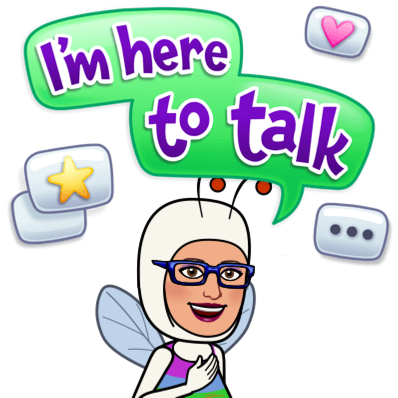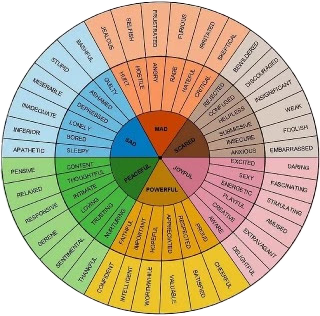The last blog discussed the well-being benefits of caring and sharing, moreover, how collaboration helps us all achieve our goals. Ultimately it builds our happiness factor. Kids know this better than all of us as they will tell you nothing is sweeter than sharing time with their friends.
On the other hand, there are mindset obstacles that can get in the way for all of us in achieving a goal and for kids, there are five common emotional mindset challenges, namely:
- feeling misunderstood
- feeling oppressed (due to bullying)
- feeling shy
- feeling envy
- feeling anxious
Lisa Salmon in her article addresses each of these feelings with some great helpful suggestions for parents, grandparents and teachers. As a matter of fact, even for the inner child in many adults who are still struggling with these feelings, the suggestions are applicable.


This week Salmon has inspired me to take each of these feelings and tease them out further, offering reflections and additional links related to each emotion. My hope is that additional resources and support might offer more strategies and ideas beyond Salmon’s article.
Stephen Covey’s Seven Habits lists number five as “Seek to understand, then to be understood”, a lesson for all humans, young and old. Over my 63 years, the times I have felt particularly frustrated and angry are the times I feel not heard. This feeling usually begins a cycle of rumination about how the other party was not listening, that I was not given the chance to articulate my thoughts or that I was not given the chance to explain myself if the receiving party jumped to conclusions that didn’t match my intent. For children, this issue is very prevalent as the adults in their lives typically are on speed dial to accomplish their agenda. The adults feel it is their right as caregivers to take priority.
If we, as adults, steamroll our way over kids by choosing not to listen, ask questions to clarify or be willing to compromise and even explain, then essentially we are role-modelling bullying. Yep, kind of scary isn’t it. We are teaching them that might is right.
In one of the links below, it is suggested we ask kids to draw what they are feeling (as a matter of fact, it is suggested that adults, we can do the same). The drawings become a tool to slow us down. It appeals to the visual preference for assimilating information that many of us prefer. In addition, it requires us to ask questions as we seek to interpret the visual display.
Next, I suggest teaching the following song to your kids with this video. It has great visuals and the tune is very catchy. It is a very efficient and fun way to peg into common emotion identification language with appropriate coordinating colours. It’s a way to stop, breathe and assess a situation with your child. Add a bit of drama and you appeal to your child’s sense of fun. Before you know it, anger and frustration subside and open minds prevail.


When our one son was a teenager, he was feeling misunderstood. I too was feeling the same way. We were at loggerheads. During a presentation, I remember Dr. William Glasser asking, “What do you want? What do you really want? Is what you are doing getting you there?”. I asked myself this and arrived at the following, “Want a communicative relationship with my son more than anything.” I had to admit to myself that yelling at him, laying out my demands and feelings wasn’t getting us to that point of communication.
What we all want is to be heard and understood. It requires slowing down, being patient and actively listening. We all want to have peaceful existences filled with joy. When tension and misunderstandings subside, we can focus on moving forward toward our intended goals.
Quick Take Away Links
Stephen Covey’s Work:
- https://www.franklincovey.com/habit-5/
- https://www.goodreads.com/book/show/783128.The_7_Habits_of_Highly_Effective_Families
- https://www.psychologytoday.com/ca/blog/positive-psychology-in-the-classroom/201506/7-habits-happy-children
Thought-Provoking:


Great reminder for educators on how we may fail to acknowledge and understand a child’s prior experiences:
I like this post as it offers insights as to how when children are misunderstood it has consequences in their adult lives:







[…] Next Post […]